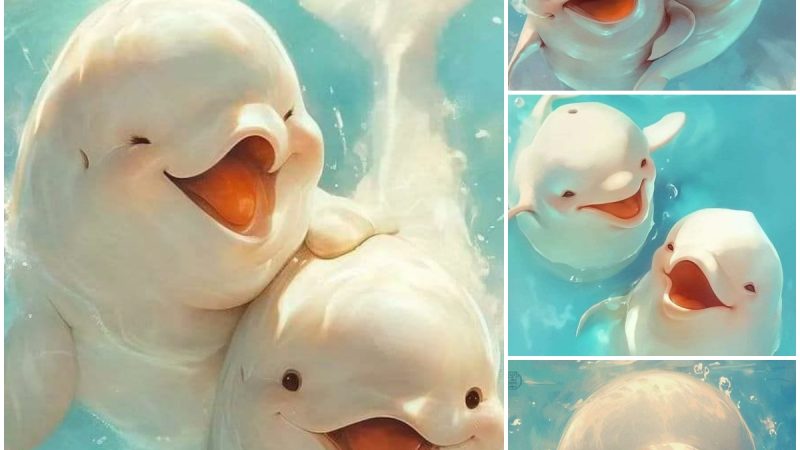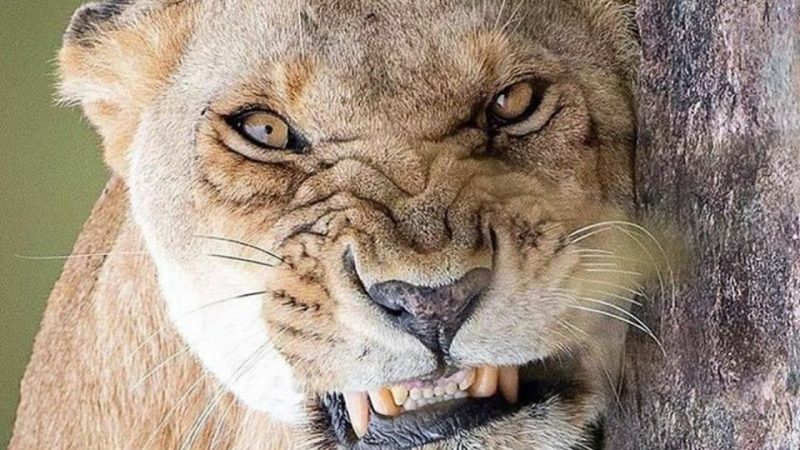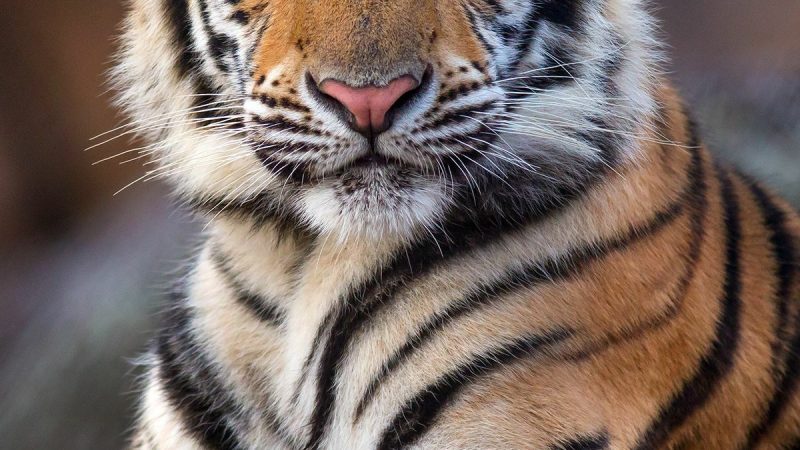Orca Culture: Traditions and Customs Among Killer Whales

Killer whales, or orcas, are not only majestic creatures of the sea but also boast a rich and complex culture. Much like human societies, orca culture is defined by a set of traditions and customs that have been passed down through generations. Understanding these aspects of orca culture offers profound insights into the social dynamics and behaviors of these fascinating marine mammals.

1. Social Structure:
Orca society is organized into matrilineal pods, typically consisting of several generations of related females along with their offspring. Each pod has its own unique dialect of vocalizations, which serves as a crucial means of communication and cohesion within the group. Male orcas, on the other hand, often form smaller, transient groups or travel solo.

2. Hunting Techniques:
Orca culture exhibits a remarkable diversity in hunting strategies, which are often specific to particular pods or regions. Some pods specialize in hunting fish, such as salmon, employing cooperative tactics to corral and capture their prey. Other pods have been observed hunting marine mammals, including seals and even larger whales, displaying remarkable coordination and teamwork during the hunt.

3. Ritual Behaviors:
Orca culture also includes a variety of ritualistic behaviors, which serve both social and practical purposes. Breaching, where orcas leap out of the water and crash back down, is believed to be a form of communication, territorial display, or even play. Spyhopping, where they poke their heads out of the water to observe their surroundings, may serve similar functions, allowing orcas to gather information about their environment.

4. Cultural Transmission:
One of the most remarkable aspects of orca culture is the transmission of knowledge and behaviors across generations. Young orcas learn essential skills, such as hunting techniques and social norms, from their mothers and other members of their pod through observation and imitation. This cultural transmission ensures the continuity and adaptation of traditions within orca society.

5. Conservation Implications:
Understanding the intricacies of orca culture is not only of academic interest but also holds significant implications for conservation efforts. Human activities, such as pollution, habitat degradation, and noise pollution, can disrupt orca societies and threaten their cultural practices. Conservation initiatives must consider not only the physical well-being of orcas but also the preservation of their cultural heritage.

Conclusion:
Orca culture is a testament to the complexity and richness of non-human societies. From social structures to hunting techniques and ritual behaviors, the traditions and customs of killer whales offer valuable insights into their lives and interactions. By studying and respecting orca culture, we can foster a deeper appreciation for these magnificent creatures and work towards ensuring their survival in our oceans.



